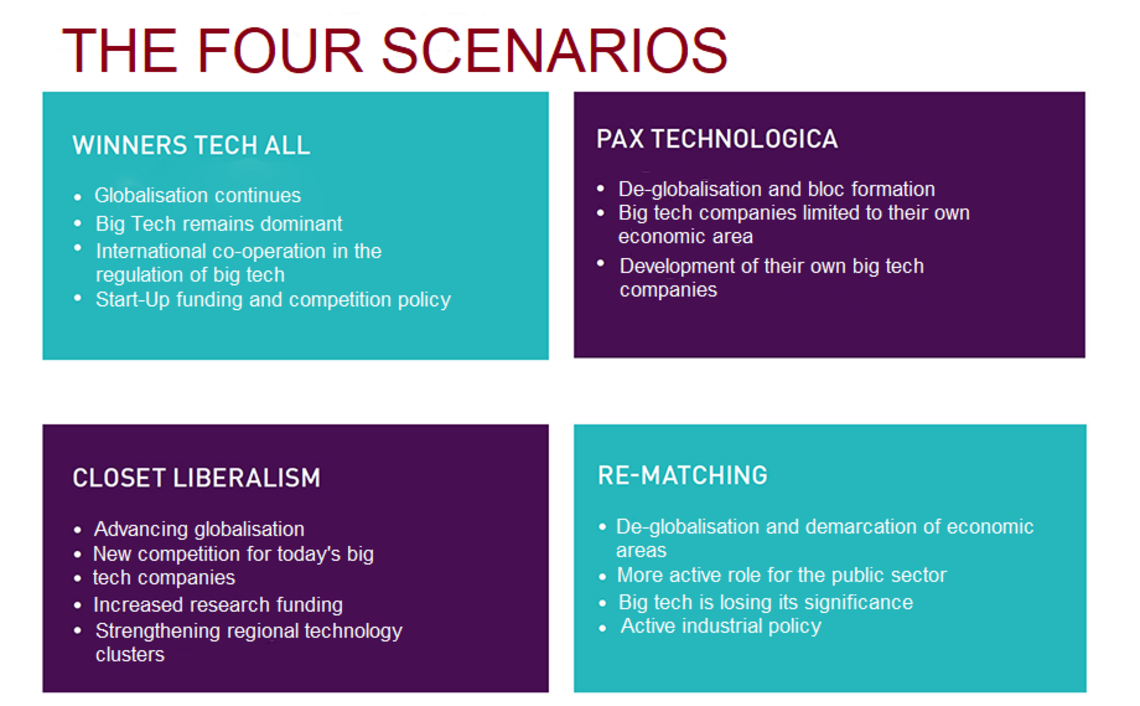Big tech companies from the USA and Asia have recently celebrated a real triumph – Europe has been left behind. In a Foresight Brief, AIT researchers have set out how this development can continue and what options for action there are for Europe and Austria.





